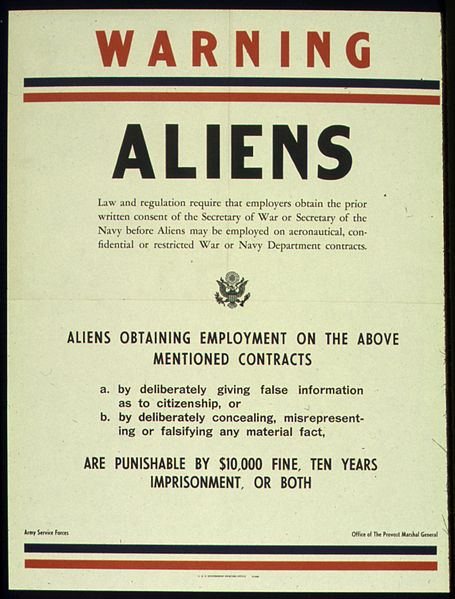Naturalization is the legal act or process by which a non-national of a country acquires the nationality of that country after birth. The definition of naturalization by the International Organization for Migration of the United Nations excludes citizenship that is automatically acquired or is acquired by declaration. Naturalization usually involves an application or a motion and approval by legal authorities. The rules of naturalization vary from country to country but typically include a promise to obey and uphold that country's laws and taking and subscribing to an oath of allegiance, and may specify other requirements such as a minimum legal residency and adequate knowledge of the national dominant language or culture. To counter multiple citizenship, some countries require that applicants for naturalization renounce any other citizenship that they currently hold, but whether this renunciation actually causes loss of original citizenship, as seen by the host country and by the original country, will depend on the laws of the countries involved.

United States service members are sworn in as citizens of the United States aboard the USS Midway in 2009
A man taking the required citizenship oath of allegiance in front of US government officials in New York City (1910).
New citizens at a naturalization ceremony at Kennedy Space Center in Florida (2010).
In law, an alien is any person who is not a citizen or a national of a specific country, although definitions and terminology differ to some degree depending upon the continent or region. More generally, however, the term "alien" is perceived as synonymous with foreign national.
World War II poster
People of various background became naturalized at Kennedy Space Center in Florida (2010). Before the naturalization they were lawfully admitted permanent resident aliens.




